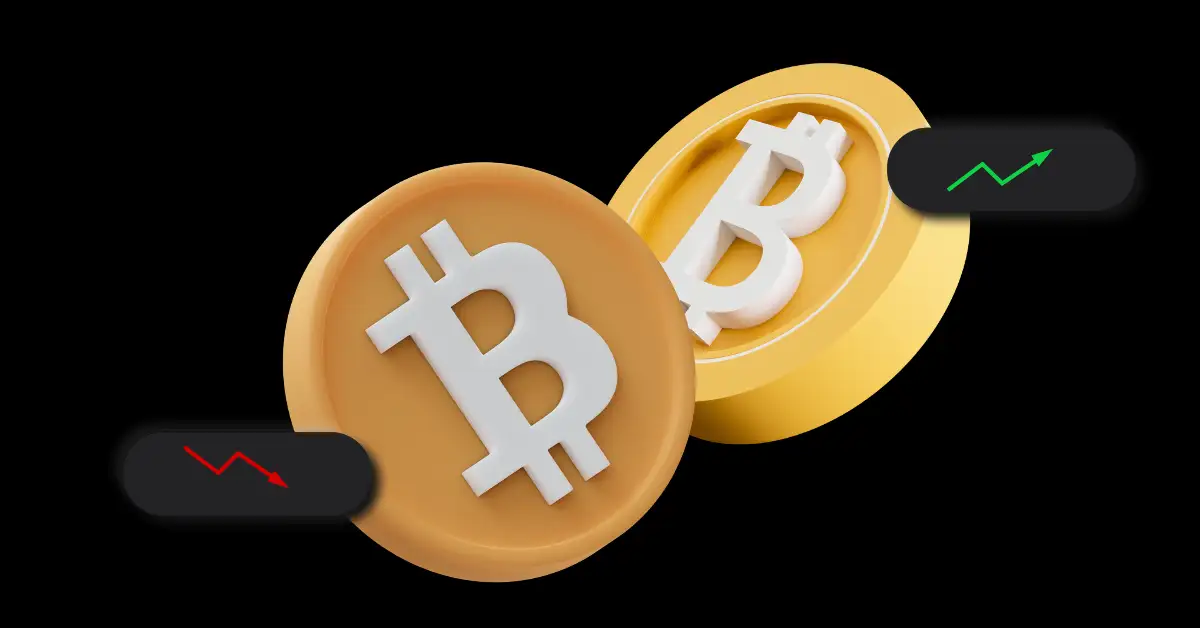India Mulls Crypto Ban, Considers CBDC Adoption
India is considering adopting Central Bank Digital Currency (CBDC) in place of a possible ban on private cryptocurrencies like Bitcoin.

India is currently weighing a potential ban on cryptocurrencies like Bitcoin and Ether while exploring the adoption of a Central Bank Digital Currency (CBDC), according to reports published on Tuesday, October 22, 2024.
This shift in stance follows government concerns over the risks posed by private cryptocurrencies, as authorities evaluate the benefits of CBDCs, which they believe can provide similar advantages with fewer risks.
India Crypto Ban Talks and CBDC Expansion
The Hindustan Times reported on Tuesday that Indian regulators, after consultations with key institutions, are increasingly leaning toward banning cryptocurrencies.
Although the exact entities involved in these discussions remain undisclosed, officials have indicated that the risks of cryptocurrencies, including stablecoins, outweigh any potential benefits.
“CBDCs can do whatever cryptos do,” one senior official commented. They added, “but without the risks,” underscoring growing support for the digital rupee over decentralized digital assets.
In parallel, the Reserve Bank of India (RBI) has been actively promoting the adoption of its retail CBDC .
Despite these efforts, current transaction volumes—around 18,000 daily—are still well below the RBI’s target of one million by year-end.
The RBI is working on new features, including offline transactions and integrating the digital rupee with the popular Unified Payments Interface (UPI), to boost adoption.
Ajay Seth, India’s Secretary of Economic Affairs, revealed in July that an inter-ministerial group, including key institutions like the RBI and the Securities and Exchange Board of India (SEBI), is working on a policy paper regarding cryptocurrencies.
This paper, initially expected to be released in September, has since been delayed, adding to the uncertainty surrounding India’s official stance on the matter.
The document is expected to give countries the flexibility to adopt stricter measures, including a potential ban on private cryptocurrencies.
Regulatory History of Crypto in India and the Ban Debate
India’s relationship with cryptocurrencies has been marked by a series of policy reversals.
In 2018, the RBI imposed a ban preventing banks from facilitating crypto transactions, a decision that was overturned by the Supreme Court in 2020.
Despite this legal victory for the crypto industry, government officials, including Finance Minister Nirmala Sitharaman, remain cautious about recognizing private cryptocurrencies as legal tender .
In November 2023, RBI Governor Shaktikanta Das expressed concerns about the potential destabilizing effects of cryptocurrencies on India’s economy, emphasizing support for the CBDC initiative as a more secure alternative.
India’s upcoming policy decision is likely to have a global impact, as the country is home to millions of cryptocurrency users.
While international organizations like the International Monetary Fund (IMF) and the Financial Stability Board (FSB) have advocated for a balanced regulatory approach , India seems open to imposing stricter regulations—or even a complete ban.
Disclaimer: The content of this article solely reflects the author's opinion and does not represent the platform in any capacity. This article is not intended to serve as a reference for making investment decisions.
You may also like
XRP and Cardano Survive Due to Early Advantage, Says Mike Novogratz

Ethereum Foundation seeks social media manager amid criticism

Bitcoin’s Next Major Top Projected for February 2026
The Pi Cycle Top Indicator signals a potential Bitcoin peak in February 2026, with a projected price of $258K per BTC.Understanding the Pi Cycle Top IndicatorWhat This Means for Investors

M2 Global Liquidity Rises Again: Will Alts Follow
M2 global liquidity is rising again after peaking in Dec 2024. Will altcoins start catching up soon? Here's what to expect.Altcoins Lag Behind But May Soon Catch UpWhat to Expect Next?

